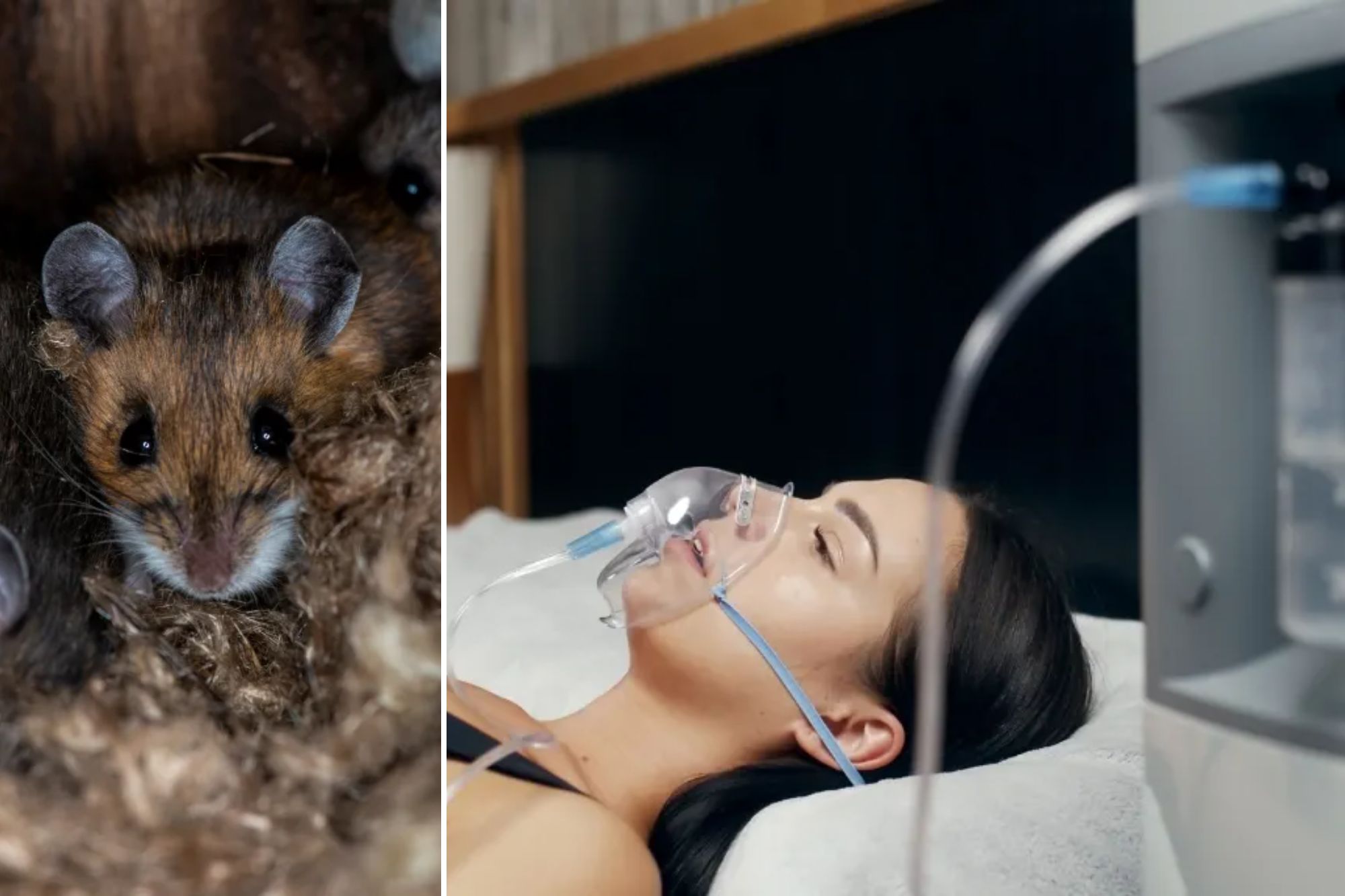Rats Linked to Rare Disease Surging — Tragic High-Profile Death Attributed

Rising Concerns Over Hantavirus Outbreak
Health officials are sounding the alarm as reports of a rare but severe infectious disease, hantavirus, continue to rise. This comes just four months after Gene Hackman’s wife, Betsy Arakawa, passed away from the illness. The recent surge in cases has raised concerns among public health experts and communities across the United States.
In Arizona, a Grand Canyon National Park employee recently tested positive for hantavirus, with five confirmed cases reported this year alone. In Nevada, an older woman was hospitalized last month due to the virus, marking the second case in the county south of Carson City. This is particularly alarming because Douglas County had not recorded any cases in the past four years.
According to Dustin Boothe, manager of the Carson City Epidemiology Division, the suspected exposure occurred through inhalation or direct contact with rodent droppings, urine, or nesting materials disturbed during household renovations prior to symptom onset. These findings highlight the importance of being cautious when cleaning areas that may have been contaminated by rodents.
Hantavirus can be contracted in several ways. Besides inhaling particles from infected rodent waste or touching contaminated surfaces, humans can also become infected through bites or scratches from infected rodents. Contaminated food and water are additional risks. Deer mice are the primary carriers in the U.S., but other species such as rice rats, cotton rats, and white-footed mice have also been implicated in different regions.
Recent research from Virginia Tech identified 15 rodent species as potential carriers of the virus. Their findings were published in March in the Ecosphere journal. Study co-author Paanwaris Paansri noted that the project is timely, as hantavirus is considered an emerging disease with pandemic potential. Symptoms often resemble those of severe COVID-19 infections, making it crucial for health professionals to remain vigilant.
It is important to note that hantavirus is not typically transmitted from person to person. The disease usually starts with flu-like symptoms such as fever, fatigue, and muscle aches, which can quickly progress to a severe respiratory illness characterized by coughing, shortness of breath, and fluid accumulation in the lungs. Treatment focuses on supportive care, as there is no specific cure for the virus. Unfortunately, the mortality rate is nearly 40%.
The exact number of cases reported nationwide this year remains unclear. However, three people died from hantavirus in the rural California town of Mammoth Lakes earlier this year. The county's public health officer described the deaths as "tragic and alarming."
From 1993 to 2022, there were 864 confirmed cases of hantavirus in the U.S., according to the Centers for Disease Control and Prevention (CDC). New Mexico was the hardest-hit state with 122 cases, followed closely by Colorado with 119 cases.
Betsy Arakawa, who was 65, and her husband Gene Hackman, 95, were found dead in their New Mexico home on February 26. Authorities believe that Arakawa died on February 12 and Hackman a few days later from heart disease, with Alzheimer’s disease contributing to his condition. Rat nests and dead rodents were discovered in multiple locations on their Santa Fe property.
How to Protect Yourself from Hantavirus
Health officials at Edwards Air Force Base in California recently shared several tips to reduce the risk of hantavirus infection:
- Avoid disturbing rodent nests or habitats.
- Seal holes and openings in your home to prevent rodents from entering.
- Keep the area around your home clean, including grass and weeds, to deter rodents from living nearby.
- Store food, including pet food, in rodent-proof containers.
- Keep trash in tightly sealed containers and dispose of it regularly.
- If you find rodent droppings, wear gloves to collect and dispose of them. Disinfect the area with bleach, ventilate the space, and wash your hands thoroughly.
By taking these precautions, individuals can significantly reduce their risk of contracting hantavirus and help prevent future outbreaks. Public awareness and proactive measures are essential in combating this serious and potentially deadly disease.
Post a Comment for "Rats Linked to Rare Disease Surging — Tragic High-Profile Death Attributed"
Post a Comment